What to expect when Jamaica opens borders to non-Jamaicans on June 15
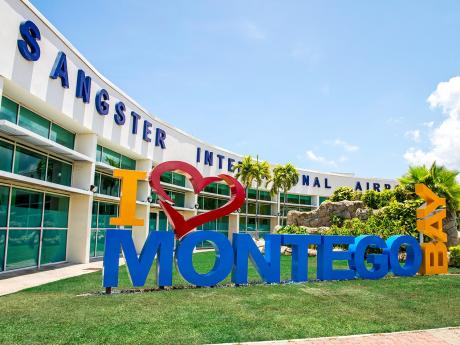
As news of the June 15, 2020 reopening of Jamaica’s borders to non-Jamaicans by the Government of Jamaica broke, many persons have been curious to know what to expect. The reopening would mean that anyone irrespective of what country they are coming from, will be able to come for leisure or business. The reaction among the locals and some abroad looking in is one that is mixed with reservation and cautious optimism. These are natural reactions as fear of COVID-19 continues to linger. In this post we will consider what this news mean for Jamaicans and non-Jamaicans.
Update on COVID-19 in Jamaica
First let us consider the current situation of COVID-19 in Jamaica. The first case of the virus on the island was reported on March 10 with the return of a Jamaican national from the United Kingdom. Despite the efforts of the Government and the people of Jamaica, the total number of persons to test for the disease as at June 4, 2020 is 591. However, of that number, 368 persons have recovered and have been sent home. The recovery rate is therefore 62.3%. Unfortunately there have been 10 deaths related to the coronavirus.
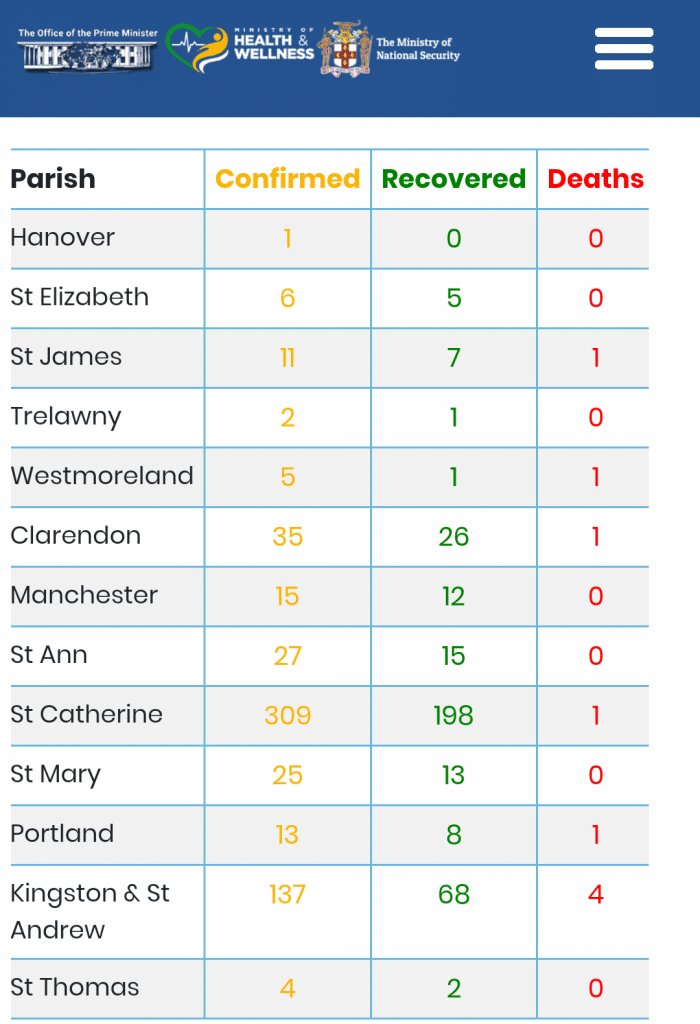
Break down of the COVID -19 cases in Jamaica
The establishment of COVID resilience corridor
Minister of Tourism Edmund Bartlett has stated that the Jamaican Tourism sector will be reopened in phases. Phase 1 will see the establishment of a COVID resilience corridor which includes entities from Negril along the coast line to Port Antonio. This includes places such as Montego Bay, Falmouth, Ocho Rios among others. The Jamaican Government will also issue a COVID-19 Resilient certificate to tourism entities. These include hotels and restaurants that have undergone training and inspection by Government Officials and are ready to accept customers.
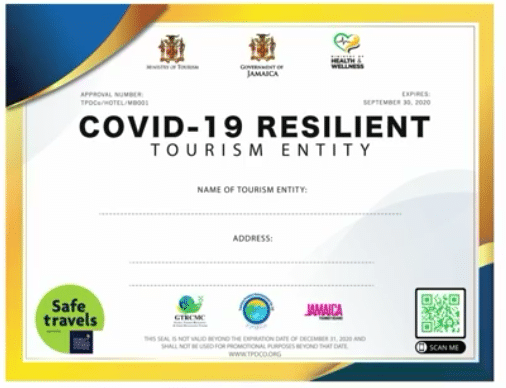
Source: Ministry of Tourism Jamaica
What’s in it for Jamaicans
According to Minister Bartlett in an interview with Debbi Kickham from Forbes “The first two months of the year [2020] were strong. We had 5.5% gross tourist arrivals — we brought in 1.25 Million visitors and earned $859 Million dollars. That would have put us on a path to earn $4 Billion by the end of the year. With 4.5 Million visitors.” From this point of view it is no secret that Tourism contributes tremendously to the Gross Domestic Product (GDP) of Jamaica. The over 350,000 jobs linked to the sector disappeared with the closure of the airports and other ports on March 21. This means that the nation has been aversely affected by the economic fallout due to the pandemic. There has been a loss of income for hundred of thousands of Jamaicans, and a loss of revenue in the billions for the Government.
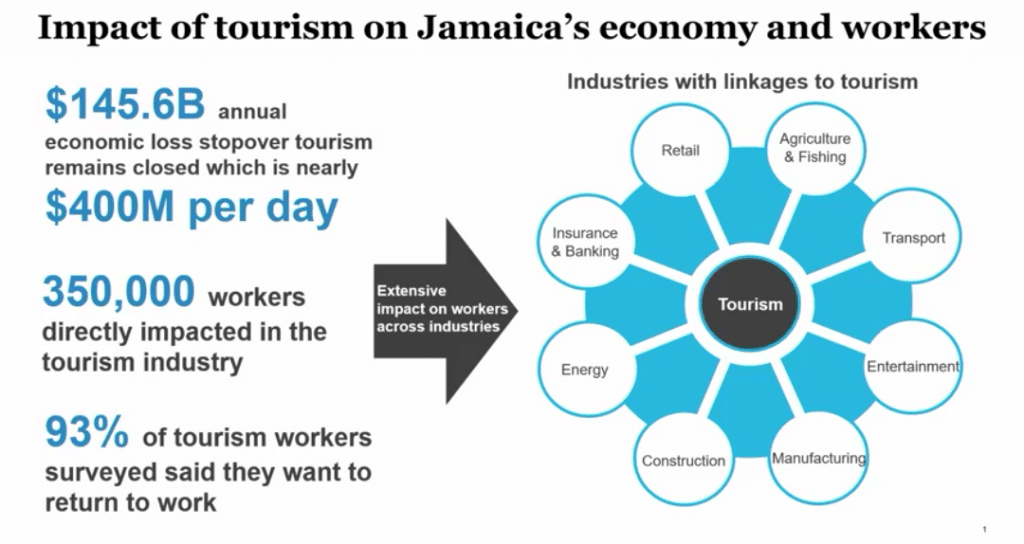
There are justified health concerns expressed by some, as the transmission of the illness continues around the world. The fear is that the incoming of persons from overseas will cause the local numbers to spike. To date of the 591 positive cases of the virus, 92 have been imported cases. The Government of Jamaica has sought to balance both priorities of protecting Jamaicans and visitors to the island with taking steps to facilitate the recovery of the economy. The fact of the matter is that Jamaica needs tourists and other non-Jamaicans to return to our shores. We need them for the business they bring if we are to recover and rebuild. It is the Government’s intention to welcome all safely and so protocols have been implemented to achieve this.
Among the 100 paged protocols are the following:
- All persons entering Jamaica will undergo mandatory screening for the coronavirus (COVID-19). This involves two steps. Speaking on these steps Prime Minister Andrew Holness said that “the first is the temperature check and the observation for symptoms that is supposed to be done on the aircraft by some of the airlines coming in.” The second according to the Prime Minister is the risk-based assessment. Here persons will be asked where they are coming from, and what is their country of origin among other questions.
- The results of the risk – based assessment will determine the next step. If it is found that an individual is of a high risk then he or she will be tested and asked to remain at their destination until the result of the test is known. Those deemed to be of a low risk will be asked to quarantine for 24 hours.
- All non nationals along with tourism workers and other members of the society will be required to wear masks in public. This apply on hotel properties as well.
- Social distancing rules will be maintained in restaurants and on hotel properties.
- There will be sterilization of equipment and facilities at hotels.
What’s in it for non Jamaicans
Jamaica has long been viewed as an ideal place to vacation and to work, with its hard working work-force and friendly people along with its pristine beaches and other attractions. Visitors, business people and others can rest assured by the track record of the present Government. Their efforts to contain coronavirus on the island have been recognized by the World Health Organization (WHO) and the US Embassy. This speaks to their commitment to get the job done.
It is also worth mentioning as stated by Minister Bartlett, “the World Travel and Tourism Council, a global leader in the Tourism Industry has reviewed and endorsed our [Jamaica’s] protocol with their stamp of approval.”
READ: Jamaican Govt. receives praise from US Embassy and WHO
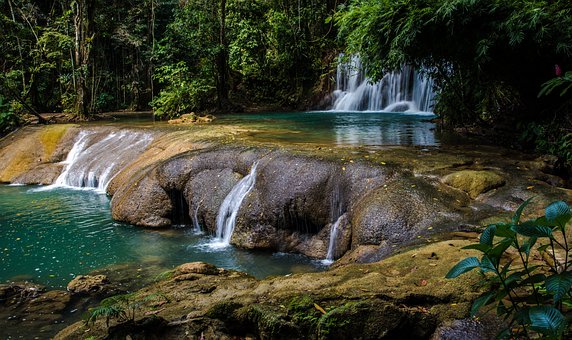
Opening dates of some hotels
Some hotels on the island have announced their opening dates. These dates may be changed so it probably best to confirm with them.
- Sandals, Montego Bay; Iberostar Grand Rose Hall, Montego Bay – mid to late June
- Moon Palace, Ocho Rios – June 1
- Sunset at the Palms Negril; The Caves Hotel, Negril; Hilton Rose Hall, Montego Bay are all due for a July 1 opening.
People is scared to come.there due to your health care standard from the US. Its not safe here what would insure us the country is safe.
Good question. It is hard to make any guarantees here or anywhere in the world. All we can do is continue to do the right things – wash our hands often, practice social distance, wear a masks an so on. But I believe that we have to take some steps to return to living. Life does go on. Perhaps comfort can be found in the high recovery rate of the illness in Jamaica (68% as of June 6).
All the best.